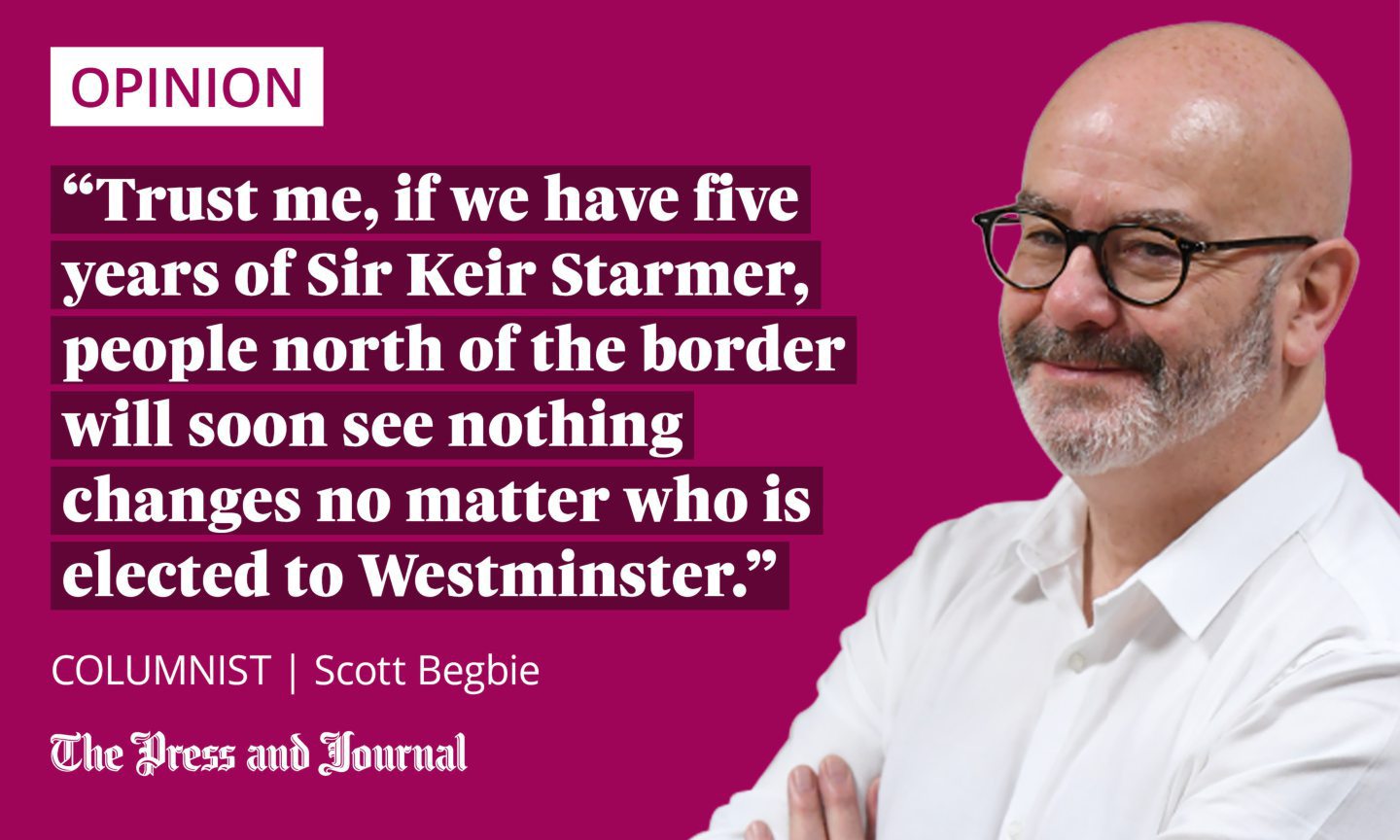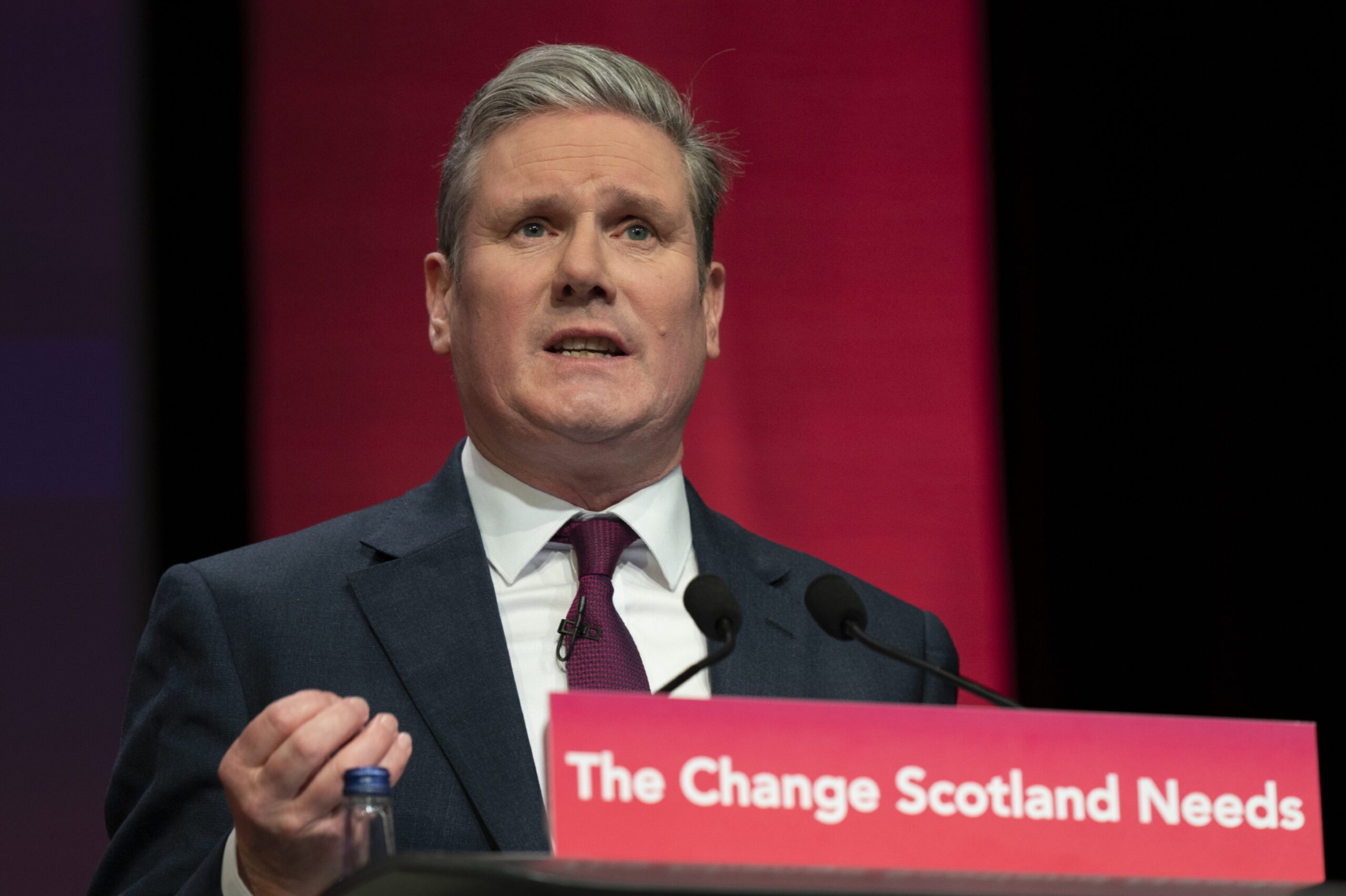You’ve got to love a good census when it throws up some startling figures showing how our nation has changed.
No, not the fact that, for the first time in history, the majority of people in Scotland said they had no religion – although, I for one welcome all the new arrivals to the deity-free lifestyle of secularism.
However, there is something far more interesting in the newly-released Scottish census for 2022 – something that speaks volumes about our national identity.
These days, the vast majority of people in our fair land identify themselves as Scottish only – 66.5%, up from 62.4% 10 years ago. That said, the proportion of people who see themselves as British only has also gone up, from 8.4% to 13.9%, while those who said they were Scottish and British collapsed down to 8.2%.
So, what do we make of this number soup of nationality? After all, searching for meaning in statistics is not unlike reading the runes in chicken entrails – you will always see what you want.
But I see this as a bold and positive step forward for Scotland. More and more of us are taking pride in who we are and what we do.

The Scottish cringe used to be a real and damaging thing. The lingering sense of embarrassment at any overt Scottishness, usually driven by the belief that whatever we do is inferior to anything English.
That is well and truly on the way out, as we discover and build on a belief and faith in ourselves, largely driven by the Scottish cultural renaissance we have seen in the past few decades – starting from when we reconvened the Scottish parliament after a couple of hundred years of absence.
Our sense of self is also bound up in that political sphere – the febrile and torrid one we are enduring at the moment, both at Holyrood and Westminster.
Support for independence still hovers around 50%
There is glee among unionists at the woes of the SNP just now, with cackling about how the polls predict they will get a drubbing in the Westminster election. But that’s missing the bigger picture.
The cause for independence transcends just one political party’s fortunes. Despite the SNP faltering slightly, public support for Scotland going its own way still hovers around the 50% mark. That’s more than two million people who want to run their own country and carve their own destiny.
Sure, the SNP will lose seats on July 4. Political gravity and all that.
But, trust me, if we have five years of Sir Keir Starmer, people north of the border will soon see nothing changes no matter who is elected to Westminster.
Scotland will still be short-changed and treated with contempt – and we will see the dial move towards support for independence.
So, back to that thing about faith. I do have faith… that the next census will see even more people saying they are Scottish – because we will finally have shaken off the shackles of Westminster.
Scott Begbie is a journalist and editor, as well as PR and comms manager for Aberdeen Inspired


Conversation